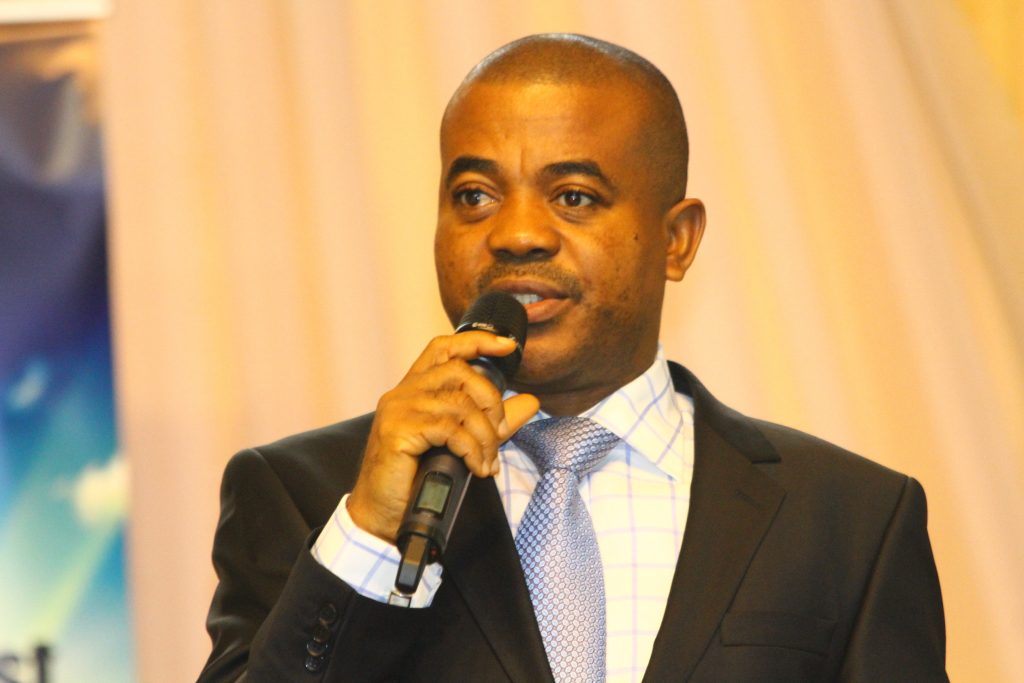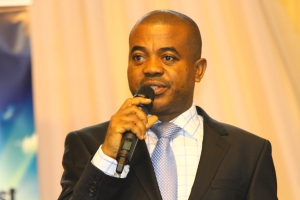
[ustream id=60221901 hwaccel=1 version=3 width=480 height=302] <br /><a href=”http://www.ustream.tv” style=”font-size: 12px; line-height: 20px; font-weight: normal; text-align: left;” target=”_blank”>Broadcast live streaming video on Ustream</a>
Sunday 22 March 2015
24 Then Jacob was left alone; and a Man wrestled with him until the breaking of day. 25 Now when He saw that He did not prevail against him, He touched the socket of his hip; and the socket of Jacob’s hip was out of joint as He wrestled with him. 26 And He said, “Let Me go, for the day breaks.” But he said, “I will not let You go unless You bless me!” 27 So He said to him, “What is your name?” He said, “Jacob.” 28 And He said, “Your name shall no longer be called Jacob, but Israel; for you have struggled with God and with men, and have prevailed.” 29 Then Jacob asked, saying, “Tell me Your name, I pray.”
And He said, “Why is it that you ask about My name?” And He blessed him there. (Genesis 32:24-29)
I would have loved to speak on Evangelism, since we are still in the month of March, our Evangelism Month; I would also have loved to speak on the nation, since we have a crucial election next Saturday, the outcome of which could make or mar Nigeria; however, I sense God leading me to paint a portrait of someone’s life. So, I shall be speaking on the DAWN OF A NEW DAY!
As you are all aware, the theme of our 25th Anniversary is MEGA GRACE. Many of you already know grace as God’s unmerited favour, or as an acronym: God’s Riches at Christ’s Expense. That is true. But grace is also God’s power working in and through us, enabling us to be and do more than we can do by our own ability, strength and wisdom.
THE CRY OF THE PSALMIST
“[Earnestly] remember me, O Lord, when You favor Your people! O visit me also when You deliver them, and grant me Your salvation!” Psalm 106:4 AMP
“Remember me, LORD, when you help your people; include me when you save them.” Psalm 106:4 GNT
This was the passionate cry of the Psalmist. He was saying, “When you visit your people with favour please also remember me.” He recognised that God often schedules a visit to His people and when He does, favour usually happens. So, he’s asking God to remember him when He visits.
True, there are times when God seems so near, when it seems that every genuine prayer prayed is answered, when needs are easily met, when there are supernatural visitations. I believe that the coming Convention is one such time. You might just as well begin to pray like the psalmist: Lord remember me.
THE STORY OF JACOB
We find at the beginning of Genesis 32 that Jacob had an angelic encounter. He was on his way home after over 20 years of self-imposed exile. Behind him was Laban, ahead of him was Esau, whom he had cheated before he left home. Jacob was in a very serious distress. But reassuringly, he saw this camp of angels. He realised that he had divine aerial cover. He called the place Mahanaim, meaning two camps: God’s and Jacob’s.
You would think that the encounter with angels would assuage his fears. Not at all. Jacob sent advance message to Esau that he was on his way home from Laban’s house and that God had blessed him. The messengers returned with terse feedback – this is not the kind of messengers you need when you are in distress! “Then the messengers returned to Jacob, saying, “We came to your brother Esau, and he also is coming to meet you, and four hundred men are with him.” Genesis 32:6.
Now, for a minute, imagine yourself in Jacob’s shoes. The last word he heard from his brother Esau that made him flee home was, “I will kill Jacob.” “So Esau hated Jacob because of the blessing with which his father blessed him, and Esau said in his heart, “The days of mourning for my father are at hand; then I will kill my brother Jacob.” Genesis 27:41. And now he hears that Esau was coming with 400 men. Jacob was totally distraught! He knew his brother to be a violent man. Isaac had said concerning Esau “By your sword you shall live.” Apparently, he now led a local militia and they were heading for Jacob. No one goes to meet his brother with 400 militants!
JACOB’S PRAYER
Jacob resorted to prayer. The last time we saw Jacob pray was when he was in a distress (Genesis 28). The next time we see him pray is now that he is in another distress. Why would some people pray only when there is a problem? Why should prayer be a last resort instead of our first resource? Anyway, when a man is in this kind of situation you don’t need much motivation to pray – your life depends on it.
Jacob acknowledged God’s mercy upon his life. He realised that he didn’t deserve all the blessings he has received, he reminded God about His covenant with his parents and how he is returning home in obedience to God’s instruction to him. He wanted God to deliver him and his family from the hand of Esau (Genesis 32:9-12). By this time Jacob was a broken man.
AND JACOB WAS LEFT ALONE
After the prayer, Jacob began to strategize. He began to divide up his resources in twos. His calculation was that if Esau destroyed some, others would be able to escape. He did all that he could humanly do but that didn’t solve his problem.
Then Jacob was left alone. There are times when we must face life alone, when everything we’ve counted on would make no meaning. Jacob was left with nothing. He had passed all his possessions over the Jabbok. If any of those things had given him comfort, they were no longer there. He now had to face the reality of life.
It was in this state that he realised that though he was alone, he wasn’t really alone. There was another personality that showed up. He wrestled with a Man. Jacob was in such distress that anything or anyone that could be of help was welcomed. Whether Jacob knew initially that this was God or not is not obvious but eventually he realised that it was God.
For a moment, let’s imagine this situation, God chose to show up at the time that Jacob needed Him the most and in a form that Jacob could relate to. Jacob was already steep in fear and it was night. God chose not to come in His magnificence but like a man. That’s similar to the story of redemption – God became Man so that we could relate to Him.
JACOB WRESTLES WITH GOD
When we hear of wrestling, what comes to our mind is WWF. This may have been of a different kind. What transpired would remain a mystery until we see Jacob and ask him. However, one thing is sure: it wasn’t an easy fight. It was an intense struggle. Jacob’s life has been a struggle right from the beginning. In the womb he struggled with his brother; at Laban’s house it was all a struggle. Even to marry a wife was a big struggle – what other people get so easily, for Jacob it’s a struggle. Hosea 12:3 captures it this way: “He took his brother by the heel in the womb, And in his strength he struggled with God.” Though Jacob had the birthright and the father’s blessing, his life was a struggle.
Now, Jacob’s struggle is with the Almighty God. It was so serious that God asked Jacob to let Him go but Jacob held on. When he wouldn’t let go, God touched his hip and it was disabled. Then Jacob realised that this was not a mere man he had been struggling with. This struggle has not been with ‘flesh and blood.” You would think that by now, having realised that he was dealing with God, Jacob would let go. A drowning man would even die holding a straw if he found one! Jacob must have been saying to himself, “my hip may be out of joint, but I won’t let you go until you bless me. Behind me is Laban, ahead of me is a revenge-seeking violent brother, I won’t let you go unless you bless me. I’d rather die here than let you go.”
Have you ever faced that kind of desperation? We live in a generation where people don’t know how to hold on. The saints of an earlier generation knew what was called “praying through!” People tarried in prayer. They prayed until they received an answer.
All this was happening in the night. Jacob was weeping and pleading with God for a blessing. The psalmist said “I entreated Your favor with my whole heart;
Be merciful to me according to Your word. Psalm 119:58. Jacob was passionate about it, he prayed like his life depended upon it. He was tired of a life of struggles; he was tired of living beneath his potentials; he was tired of being at the mercy of circumstances.
WHAT IS YOUR NAME?
God asked Jacob a crucial question: “What is your name? You would wonder, “Why would the Omniscient God ask a man his name”? Well, remember that 20 years earlier, this same question was asked by Jacob’s father, Isaac. Then, Jacob’s answer was “I am Esau.” It is therefore significant that when Jacob is asking for a blessing God is asking for his name.
God was saying to him: identify yourself. A person’s name gives him identity. In a sense, your name says something about your character. The saying, “tell me your name and I’ll show you who you are” is almost always true in the Bible. With Jacob it was true. Jacob means: heel-grabber; ‘supplanter’ and he really lived it. This was how his brother described him: “And Esau said, “Is he not rightly named Jacob? For he has supplanted me these two times. He took away my birthright, and now look, he has taken away my blessing!” And he said, “Have you not reserved a blessing for me?” Genesis 27:36. Jacob had an ‘evil-bent’ from childhood that had dogged his path through life to this point. God would bless him but He would first of all deal with the character issue in his life.
God wants us to be real. He doesn’t want us to be fake. He doesn’t want us to have one reputation at church but a different character at home. He doesn’t want us to wear a mask, pretend to be one thing while we are really another. If God blesses us in our duplicity we would think that He endorses that kind of lifestyle!
When Jacob came to terms with who he was, he inadvertently located the source of his struggles and was ready to be delivered, to experience the change that he had always longed for. God now told him, “And He said, “Your name shall no longer be called Jacob, but Israel; for you have struggled with God and with men, and have prevailed.” Genesis 32:28. From this point forward Jacob was going to have another identity. He would now be a “prince with God,” a person that would always prevail no matter the circumstances. This would not only be true for Jacob as a person but it would be the reputation of his descendants through the ages.
A NEW DAY
Jacob rightly articulated what he had experienced. “So Jacob called the name of the place Peniel: “For I have seen God face to face, and my life is preserved.” Genesis 32:30. To see the ‘face of God’ is to obtain the favour of God. After this encounter, Jacob was never the same again. The life of struggles ceased; he was now living like a ‘patriarch’. By the time he was meeting with Pharaoh, he was a statesman.
A new day dawned in Jacob’s life as he left from that place of encounter, “Just as he crossed over Penuel the sun rose on him, and he limped on his hip.” Genesis 32:31. The shadows of the past that had hunted him up till this time had been driven away by the rising of the sun. He was now ready to meet with his estranged brother. While he was having an encounter with God, God was also touching Esau, such that when they met the next day everything had changed. When God changed Jacob He also changed his circumstances.





